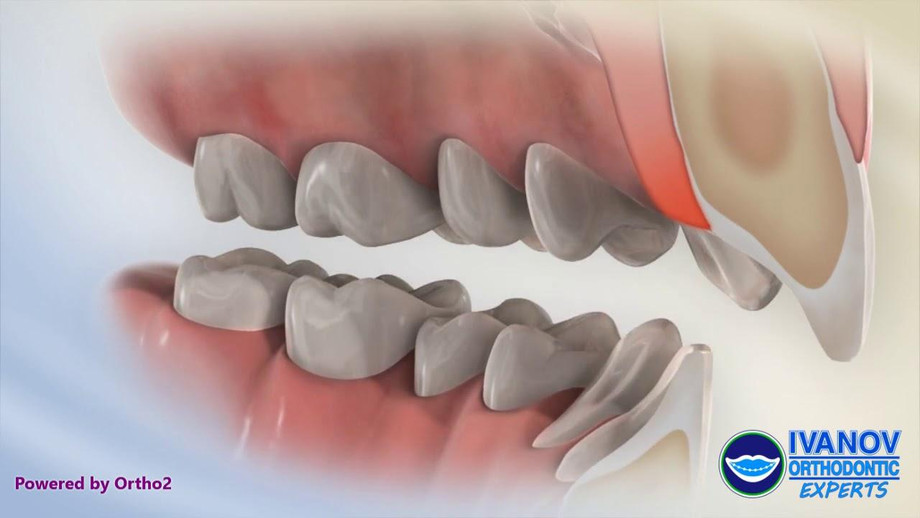According to dentist and orthodontist, around 5 to 15 percent of the world population has an underbite. Orthodontists have worked tirelessly to ease the correction process while a small percentage suffer from this problem.

Â
For clients and their families, early orthodontic consultation is recommended. The correction may not need to be as severe if we can identify underbite or overbite early on. To families, it’s better to give consultations because correction later on in life can many times necessitate surgery because bones have already developed and fallen into place.
Â
Those who suffer from an underbite, according to the Dental Care Source website commonly considered a type of malocclusion among orthodontists, have a lower jaw jutting up and outward that moderately overlaps the upper teeth.
Â
What are the causes of an underbite?
Â
Mostly an underbite is often hereditary but it has also been known to stem from abnormal chewing habits. An underbite can cause you some serious oral health problems like TMJ (Temporomandibular Joint) Disorder, problems with speech, eating, self-confidence, and discomfort in the jaw. In the fields of dentistry and orthodontics, the innovations fields have made identifying and underbite correction without surgery is much easier and less painful.
Â
What is the right age for underbite treatment?
Â
To realign the jaw surgically, most orthodontists recommend waiting until a child was fully developed initially. To avoid correcting an underbite surgically, an orthodontist near me nowadays recommends beginning treatment as early as possible. To correct their underbite, children as young as 5 or 6 have undergone corrective treatment and evaded the use of surgery.
Â
What are the treatment options?
Â
To fix underbite, there are several options orthodontists use including a chin cap, an expander, a reverse-pull face mask, and orthodontic braces. Those needing braces may need to recuperate from previous treatments first, however.
Â
- For young children, a chin cap is typically the most basic option and it is used to “control the growth process of the jaw and lower chin†according to Dental Care Source. This cap is then placed around the chin and extends to the top of the head.
Â
- With an underbite, the expander can help a child by “expanding†the upper jaw and thus improving their bite. The child has to wear the expander full time and a tool is accompanied by a key that helps widen the upper jaw. A child will begin using the reverse-pull face mask once the jaw is widened.
Â
- The use of a reverse-pull face mask is a non-surgical option for underbite correction. In combination with the expander, the reverse-pull face mask resembles a catcher’s mask and it is what adult orthodontics near meuse many times. For a minimum of 16 hours per day, the mask is worn. To fix the alignment of your jaw, unfortunately for adults, if there is an underbite it is already skeletal and surgery may be required.
Â
- Before jaw surgery takes place, underbite bracesare usually applied to adults for one to three years. The surgeon will push the lower jaw back during the surgery, pull the upper jaw forward, or both depending on the severity of the condition. Using braces, mild underbites can be treated without surgery, possible tooth extractions, and even Invisalign invisible braces.
 Â
Article Source : https://www.wellbeingcares.com/how-to-prevent-surgery-for-underbite-with-braces/
